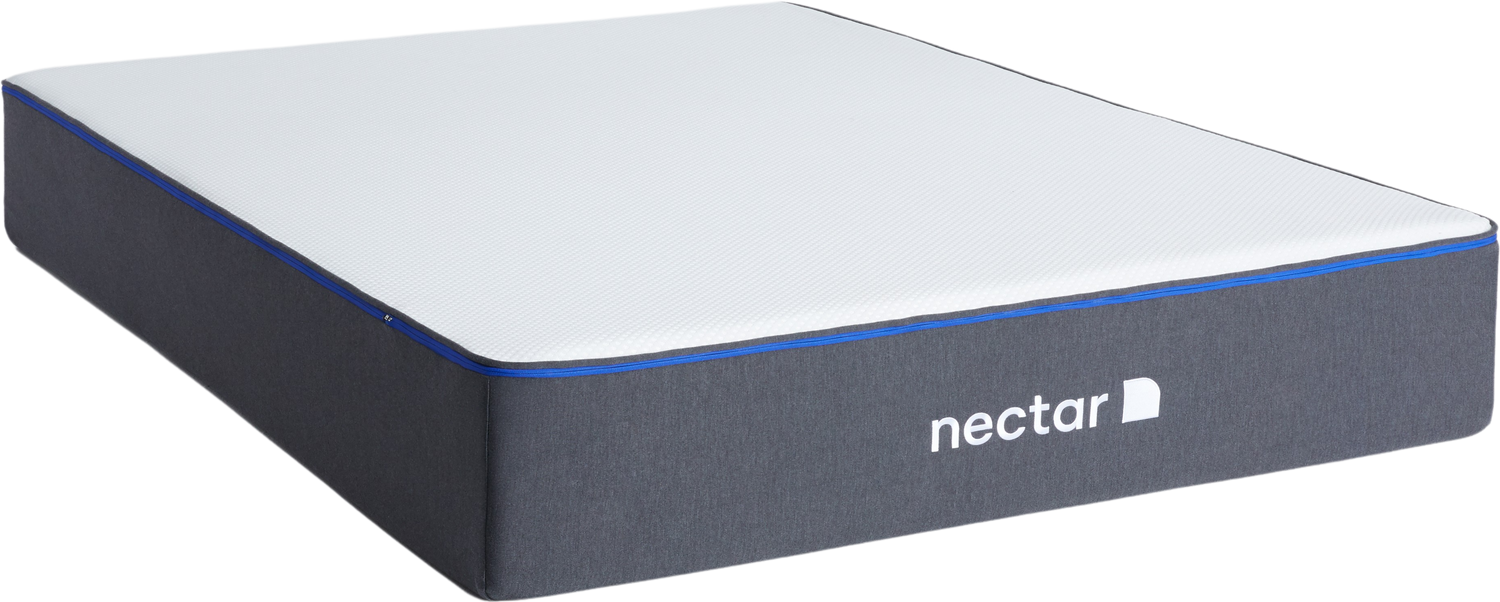Not All Music is Created Equal
Before you crank up your favourite playlist, let’s get one thing straight—not all music is a golden ticket to dreamland. Your brain is wired to be on high alert for any unexpected sounds, even while you sleep (thanks, evolution). That means loud, jarring beats or unpredictable rhythms could do more harm than good when you’re trying to wind down.
The right kind of music, however, can work wonders. It helps lower your heart rate, slow your breathing, and guide your body into a state of relaxation—kind of like a lullaby for grown-ups. Plus, it triggers the release of dopamine, the feel-good hormone, which helps melt away stress and ease anxiety. Basically, it’s like a warm hug for your brain before bed.
Volume Matters—Find Your Sweet Spot
Ever tried falling asleep to music that’s too quiet? It ends up being more annoying than relaxing, like a mosquito buzzing in the background. On the flip side, if it’s too loud, you’ll find yourself wide-eyed and frustrated. The trick is finding that perfect middle ground—enough to drown out background noise (looking at you, noisy neighbours), but not so much that it keeps you awake.
And here’s a pro tip: make sure your playlist doesn’t end with a sudden stop. Your brain is always listening, and an abrupt silence can snap you out of sleep. Look for songs that fade out gently to keep your slumber undisturbed.
Slow and Steady Wins the Sleep Race
So, what’s the best kind of music to lull you to sleep? Studies suggest that tunes with a rhythm of 60-80 beats per minute are ideal. That’s roughly the same pace as a relaxed heart rate, making it easier for your body to sync up and wind down.
Classical music, soft jazz, and folk tunes tend to fit the bill perfectly. Not sure if your go-to songs make the cut? Websites like songbpm.com can tell you exactly how many beats per minute your favourite tracks have. And if you’re not in the mood to curate your own bedtime playlist, no worries—Spotify, Apple Music, and YouTube are packed with pre-made sleep playlists designed to help you drift off effortlessly.
Music vs. White Noise—What Works Best?
Of course, music isn’t for everyone. Some people swear by the soothing sounds of white noise, like gentle rainfall, ocean waves, or even the hum of a fan. Others prefer total silence. The key is finding what works best for you. But if you’re looking for a simple, drug-free way to enhance your sleep routine, tuning into some calming melodies on your oh-so-comfy Nectar mattress might be just what you need.
So, what do you think? Ready to swap out late-night scrolling for a relaxing bedtime playlist? Give it a try—you might just wake up feeling more refreshed than ever. Sweet dreams!




